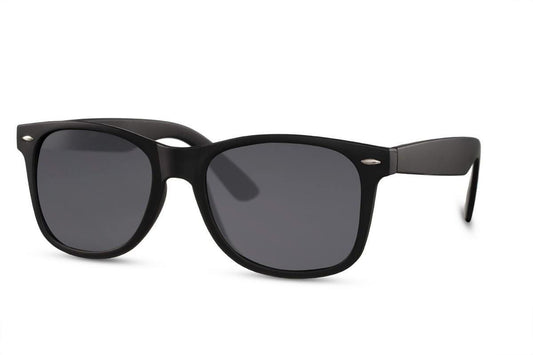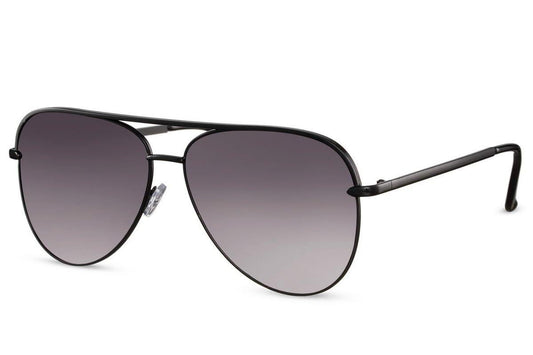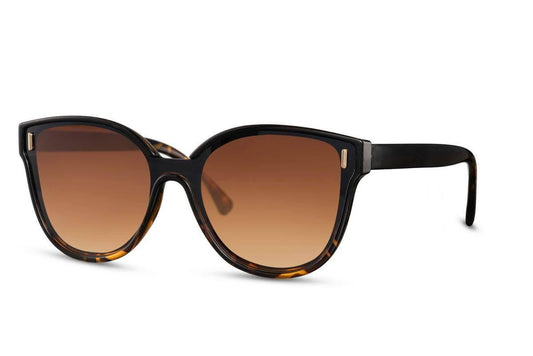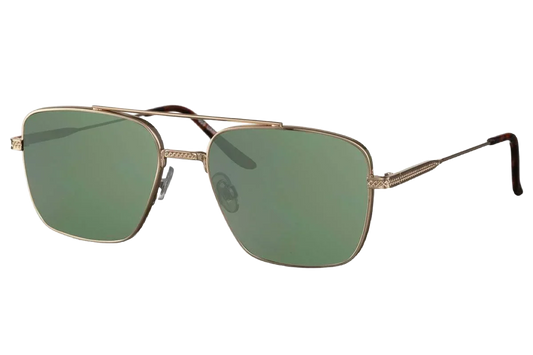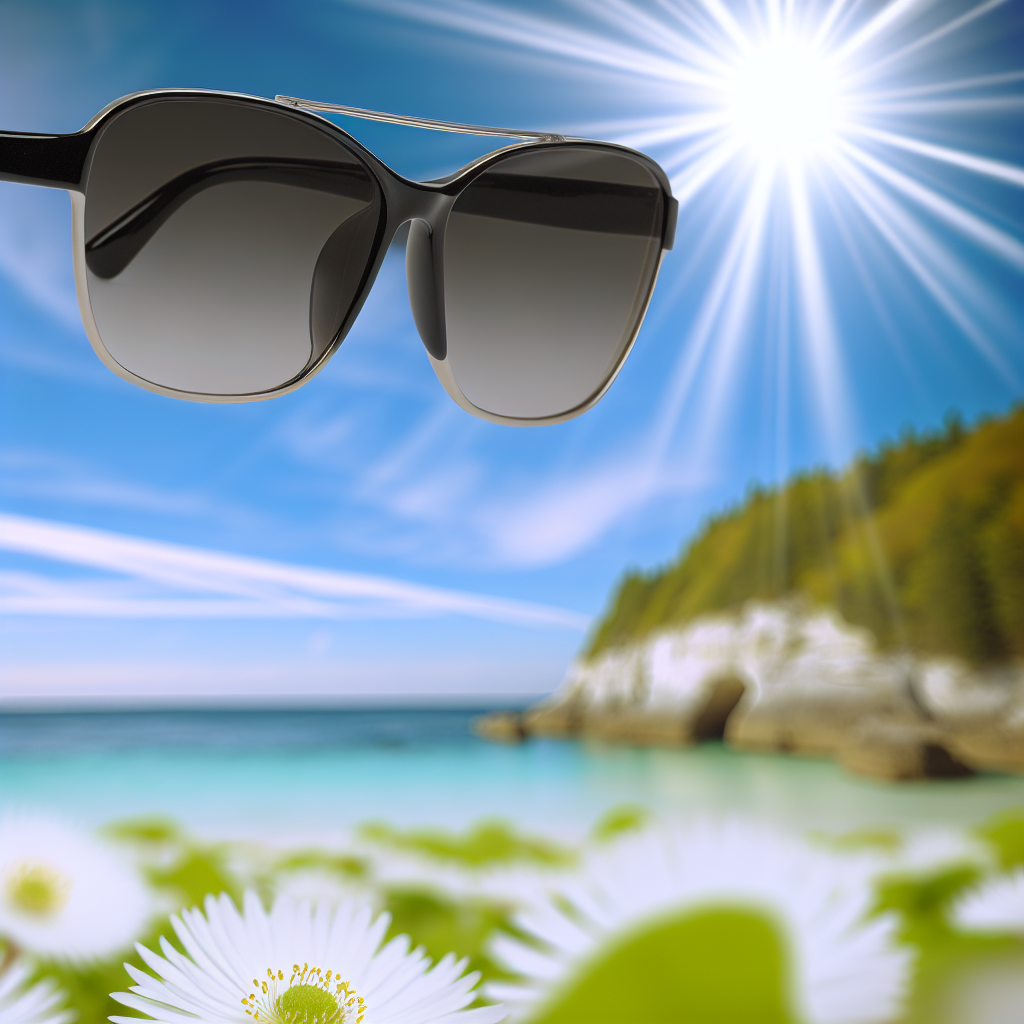
Sunglasses and allergies – how they can help against pollen
Share
Sunglasses protect against pollen
As spring approaches, pollen can cause unpleasant allergy symptoms. Sunglasses cover the eyes and reduce contact with dust and pollen. This can reduce irritation, redness and itching for allergy sufferers.
Functional properties
Modern sunglasses are designed for comfort and function. Many models have a wide frame, which provides extra protection from dirt and pollen. Polarized lenses reduce glare and filter harmful UV rays. Wearing sunglasses outdoors minimizes the risk of harmful particles affecting the eyes.
Convenient combination of allergy relief
For allergy sufferers, it is practical to combine sunglasses with other measures, such as nasal filters or prescription medications. Together, these measures reduce the amount of pollen in the eye area and relieve allergy symptoms.
Questions readers often ask:
• How do sunglasses protect against pollen?
– Sunglasses cover the eyes and prevent pollen and dust from settling directly on the surface of the eyes.
• Are there special sunglasses for allergy sufferers?
– Models with wide frames and polarized lenses are particularly suitable.
• Can sunglasses replace other allergy-relieving methods?
– Sunglasses should be used in combination with other measures, such as nasal filters or medication, for optimal effect.
• What should you pay attention to when choosing sunglasses?
– Choose high-quality sunglasses with a good fit, broad protection and effective polarized lenses.


